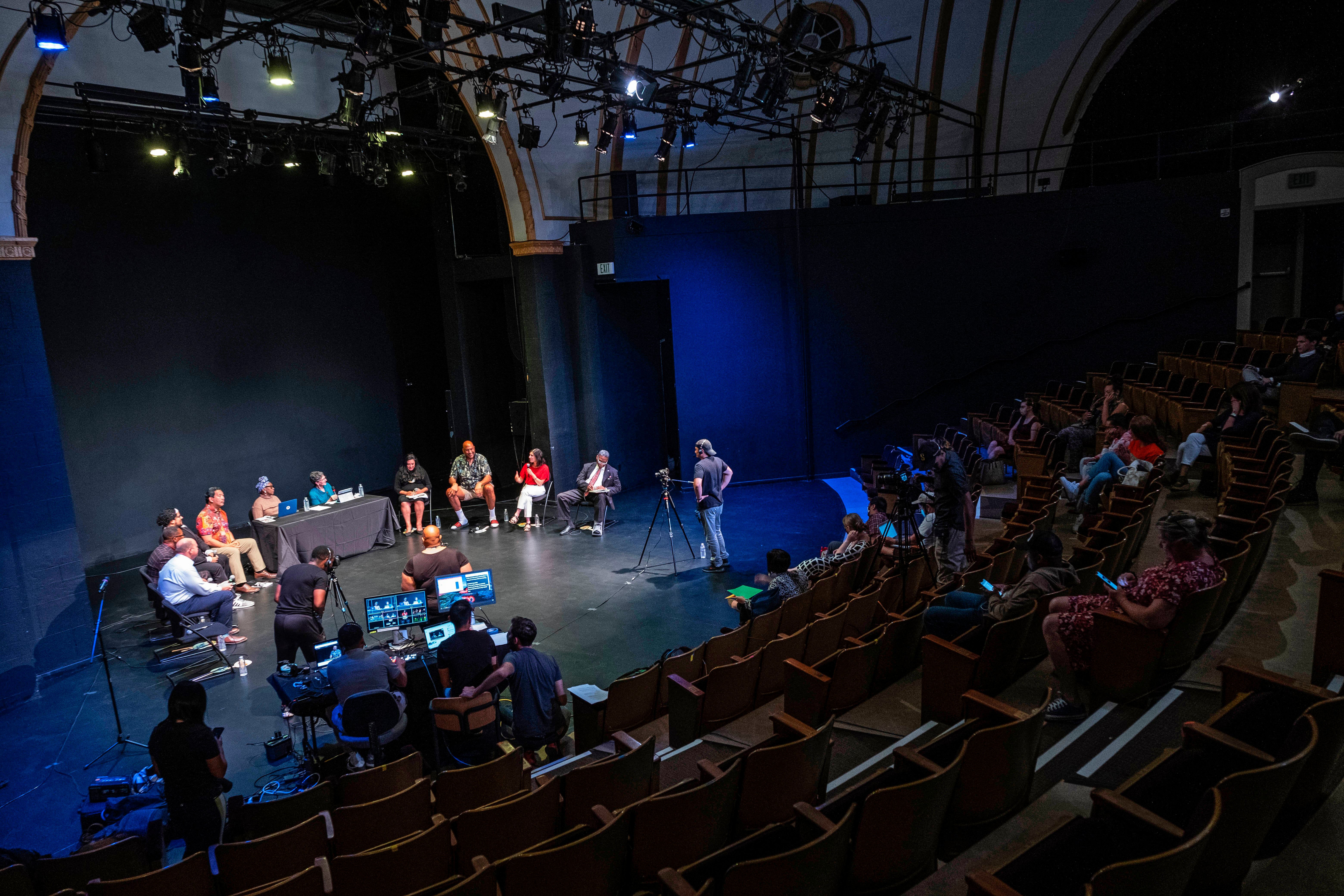Seattle's mayoral primary is a contest between liberal camps
In Seattle’s mayoral primary, voters will decide between candidates who represent the political divide between activist-left residents and more moderate progressives in one of the nation’s most liberal cities

Voters in the primary election will decide Tuesday between Seattle mayoral candidates who represent the political divide between activist-left residents and more moderate progressives in one of the nation's most liberal cities.
The question is whether voters will back moderate candidates who reject pleas to reduce police budgets or candidates who support the agenda espoused so forcefully by protesters during last summer’s racial justice rallies.
The election comes weeks after Democratic primary voters in New York’s mayoral race picked a former police officer and centrist who objected to calls from the left to “defund the police.”
Seattle’s elections are nonpartisan. Fifteen candidates are seeking to advance to the November election. The top two vote-getters will face off in November.
Mayor Jenny Durkan, who was heavily criticized over her handling of last summer’s protests following the murder of George Floyd said she would not run for reelection because she needs to focus on the city’s pandemic response.
Among those vying to replace her are Bruce Harrell, a former City Council member endorsed by the business community; City Council President M. Lorena González, a civil rights attorney who has strong support among labor groups; Colleen Echohawk, the recent executive director of Chief Seattle Club, a nonprofit that builds affordable urban housing for Native Americans; and Jessyn Farrell, a former state legislator who is a leading advocate for mass transit.
Harrell grew up in Seattle’s Central Area, a redlined neighborhood; his father was a Black transplant from the Jim Crow South, and his mother’s family was Japanese and interned during World War II. An attorney, he served three terms on the City Council, advocating for police accountability, before retiring in 2019.
Echohawk, whose grandmother fought for decades to secure her family’s right to subsistence fishing in the Alaskan interior, is Pawnee and Upper Athabascan. She has served on the city’s Community Police Commission and would be one of the first Native people elected mayor of a major U.S. city.
González’s parents were migrant farmworkers in central Washington; she picked cherries as a child before becoming a lawyer and representing victims of police brutality. As council president she has helped pass a payroll tax on big corporations, such as Amazon, to pay for city services, as well as worker protections such as a secure-scheduling law.
Much of the City Council — including González — has embraced activists’ calls to “defund” the police in favor of unarmed responses to crisis calls and increased spending on services to avoid crime. But votes to reduce the department by as much as 100 officers and to cut the command staff’s salaries backfired when Carmen Best, the city’s first Black police chief, who had deep support among minority communities, quit in protest.
More than 200 officers have left the department since the protests.